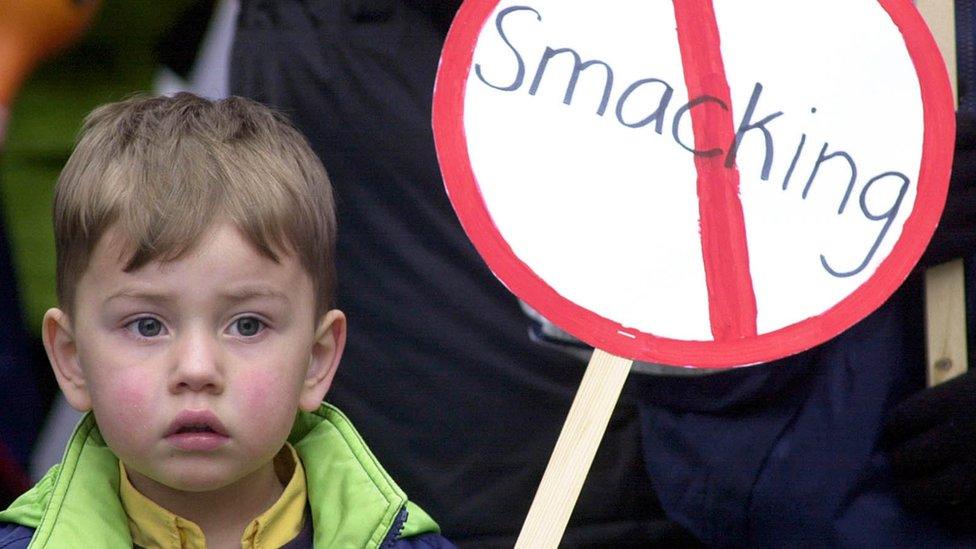Smacking children becomes illegal in Wales
- Published
- comments
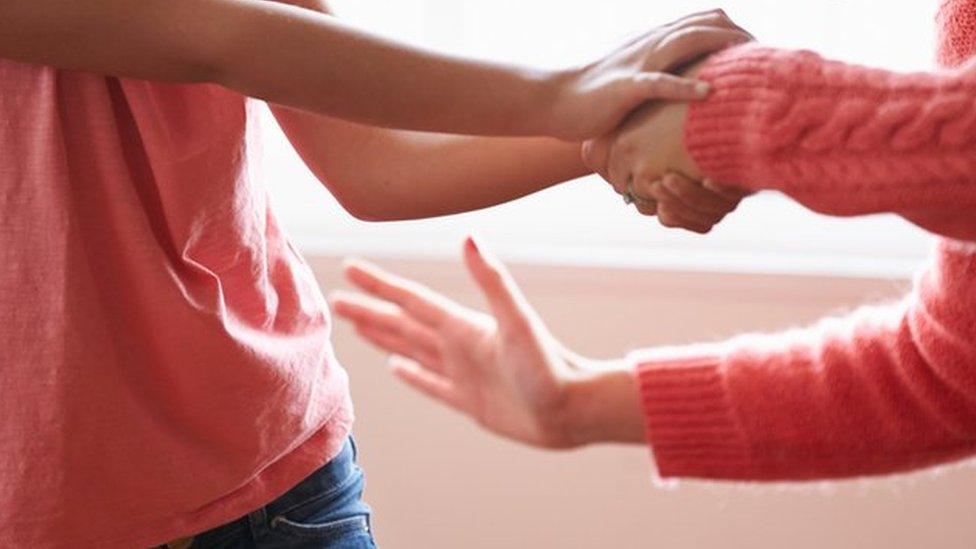
The change to the law will make it a criminal offence for parents to smack their child
It will be illegal to smack children in Wales from Monday.
The new law means people will be committing a crime if they smack, hit, slap or shake a child in their care.
First Minister Mark Drakeford said it was a "historic" day for children as Wales becomes the second UK nation to ban physical punishment.
What is physical punishment?
Ministers in the Senedd, also known as the Welsh Parliament, said they wanted to give children "the best start in life".
The Welsh government said it "wasn't possible to give a set list of what makes up physical punishment" because it could be "anything where a child is punished using physical force".
The new law will apply to parents or anyone who is responsible for a child while the parents are not there - and apply to all visitors to Wales.
Physical punishment is already illegal in schools, children's homes, local authority foster care homes and childcare settings.
What's the difference between the old and new law?
WATCH: What is the UN Convention on the Rights of the Child? (Nov 2019)
Before the new law was brought in, parents or someone with parental responsibility could use a defence called 'reasonable punishment' when accused of hitting a child.
A judge would decide what that meant depending on each case taking into consideration factors like the age of the child and the nature of the smack.
Physical punishment was considered 'unreasonable' if it left a mark on the child or if the child was hit with a closed hand or an object.
But from Monday, any sort of smacking will be viewed as illegal in Wales. Anyone who physically punishes a child will be breaking the law and could get a criminal record.
What's the reaction been to the new law?
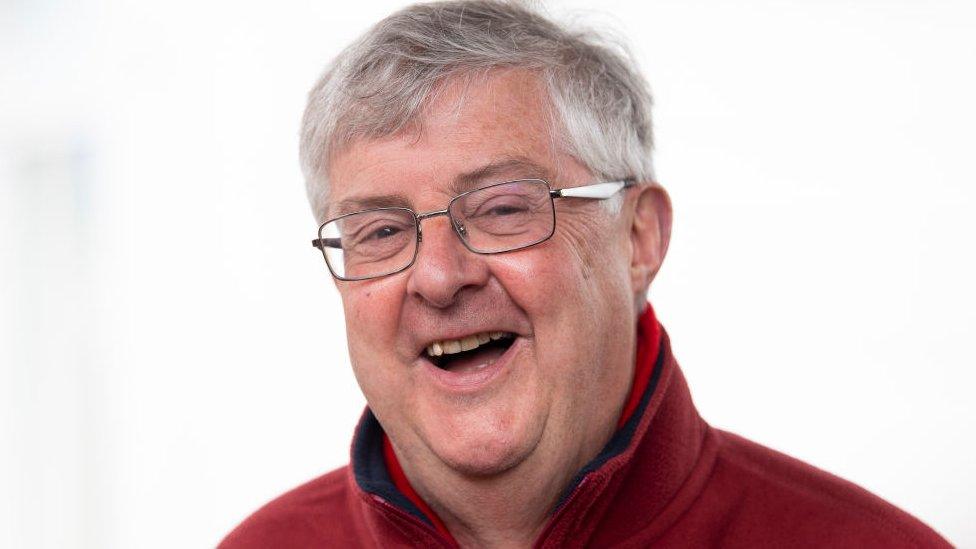
Mark Drakeford has said children have the right to be protected from harm
Mr Drakeford, who leads the Welsh Labour Party, added that there was "no place for physical punishment in a modern Wales".
"The United Nations Convention on the Rights of the Child makes it clear that children have the right to be protected from harm and from being hurt and this includes physical punishment," he said.
"That right is now enshrined in Welsh law. No more grey areas. No more defence of reasonable punishment. That is all in the past."
As adults, we do not accept physical violence in any part of our lives. And as a nation we are clear today that we do not accept it in our children's lives either.
But members of the opposition group in the Welsh Parliament criticised the new law.
"The smacking ban is an unnecessary, unworkable and undesired law that was pushed through the Senedd by those who think they know better than parents," said Gareth Davies, the Welsh Conservatives' spokesman for social services.
Simon Calvert of Campaign group Be Reasonable, which opposes the ban, said it could "criminalise ordinary decent loving mums and dads for doing nothing more than our loving mums and dads did with us".
He added: "I think that some families will suffer unjustly as a result of this law and I think that we're going to see increasing calls in the years to come for this law to be revisited."
What is the law elsewhere?
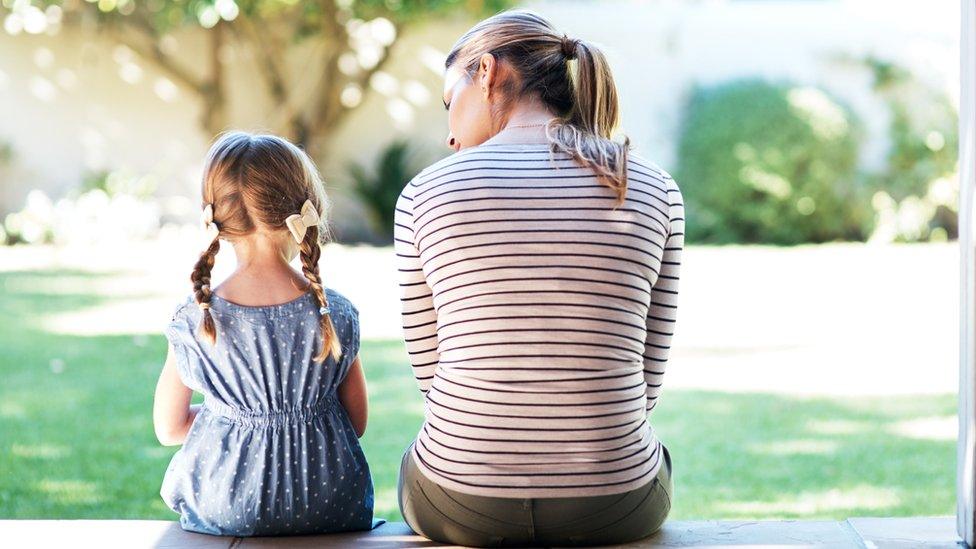
Save The Children said a "supportive and positive parenting approach" improves a child's ability to learn
Sweden became the first country in the world to ban physical punishment of children in 1979 and it is now illegal in 63 nations around the world.
Jersey was the first part of the British Isles to ban smacking in April 2020.
Scotland became the first UK nation to make it illegal in November 2020.
The Welsh government said it was a "historic moment for children and their rights in Wales" and meant children would have the same rights as adults.
- Published7 November 2020
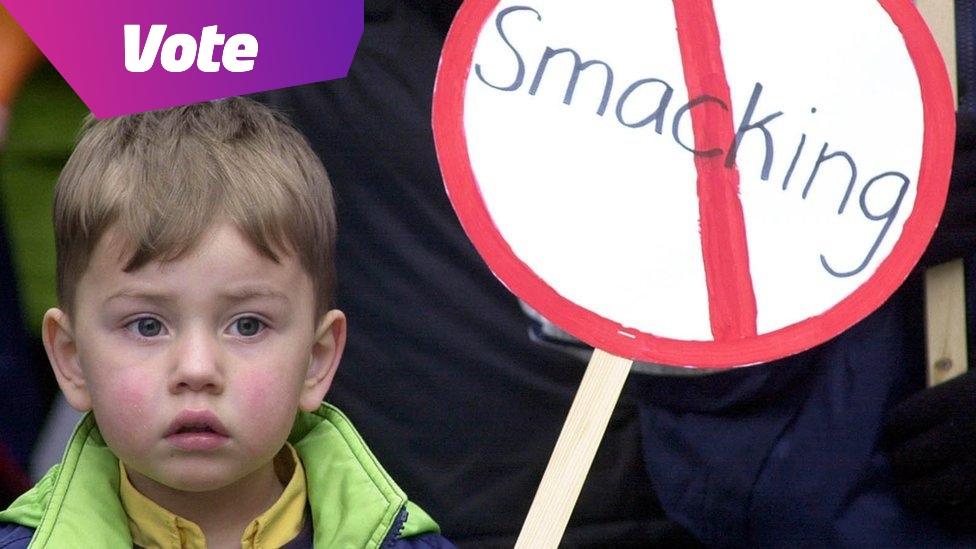
- Published21 November 2019
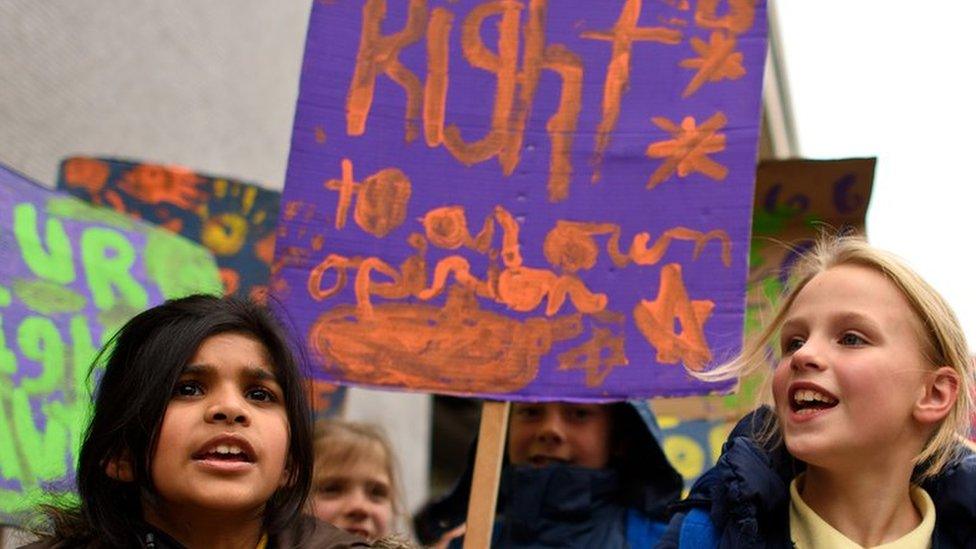
- Published29 January 2020
